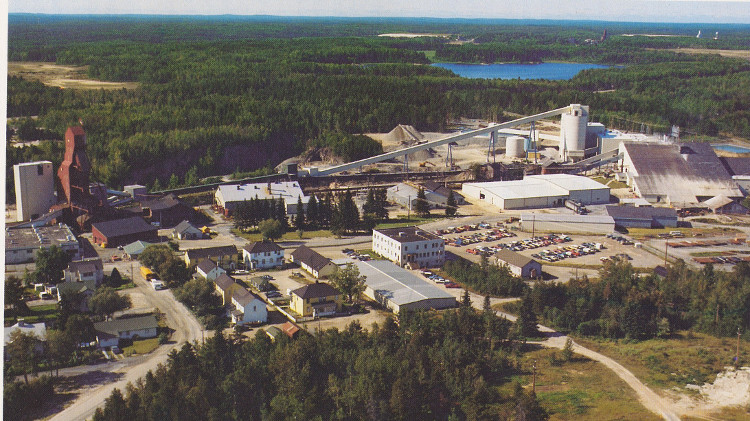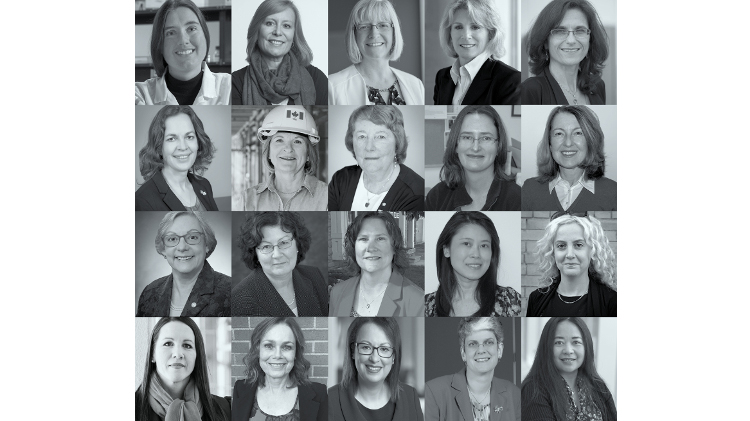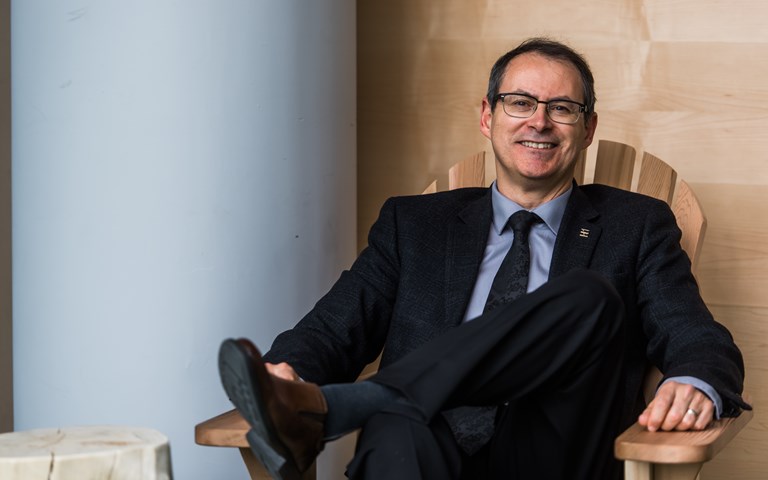We are dealing with some trying times. Some people are inconvenienced, some businesses are suffering. Some people are feeling ill, some are very sick. Some haven’t survived. Perhaps ironically, in this situation closing borders is actually a sign of the world working together to stem the tide of a global disease.
In the computer scientist and educator Randy Pausch’s book, “The Last Lecture,” he tells the story of when he was complaining to his mother about how difficult his PhD tests were and she said, “We know how you feel. When your father was your age, he was fighting in World War II.” That put things into perspective for him. In the situation we are in today, we can complain about things but we should be aware that many people are far worse off than we are.
I know as little as or less about COVID-19 than anyone reading this. I watch the news. I think it is very serious. I think we should be doing everything we can to stem the spread of the disease, but I also recognize that life goes on. Will things be different when this is over? Will things be better when this is over? I would like to think so.
I remember hearing a saying many years ago that strategies change but values don’t. It has been good guidance for me, recognizing that different markets or conditions or situations may call for revised approaches, but if you aspire to live by a value system, those values shouldn’t waiver. Protecting our people. Supporting the communities that we live and work in. Being honest with ourselves and others. These are just some of the many values that form our ethics system. I do remember that it was John Maxwell who said, “There is no such thing as business ethics, there is only ethics.” Why would you live by one set of ethics with friends and family, and employ another at work? Our personal and corporate value systems should be universal.
So how do we come out of this better than when we went in? Apart from the obvious experience in dealing with a pandemic of this nature, there are some other areas where we as an industry may ultimately benefit from this experience.
We do a great deal of work to keep our people safe from traumatic injuries. In dealing with the current pandemic I see every company, community and country establishing strategies to deal with illness. This will better position us to deal with illness prevention now and in the future.
In safety circles it is well recognized that mental health is a huge challenge for us, and one we have only just started to better understand. Work-life balance is a key part of our mental health. Or as I like to say, since work is just part of our life, it is really just life balance. Now we are faced with companies examining work-at-home options and other ways that employees can take care of loved ones and still contribute at work. If we can get this right, this has the potential of being a boon to mental health and may lead to other strategies that can deal with the stress all our people are exposed to today.
Most mining and mineral processing operations do not have the luxury of a work-at-home option. Or do they? We have been considering and developing remote and autonomous equipment operation technology for years. Perhaps this will be an impetus to adopt and implement this technology?
I always try to look for the positives in any situation. It is hard to find them right now, but I think one of our jobs as managers and leaders is to glean some useful lessons from our present situation and look ahead. One thing I do know, is that for every individual or company that is being opportunistic or is not working together with others, there are many others who are willing to do the right thing. That comes from having the right value system, and remembering that strategies change but values don’t.




